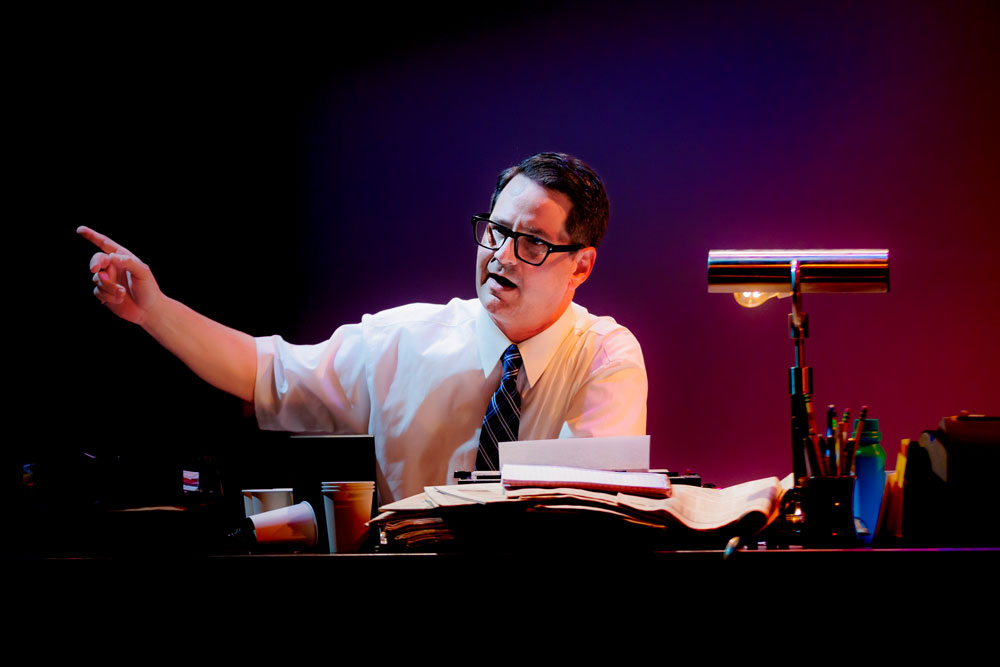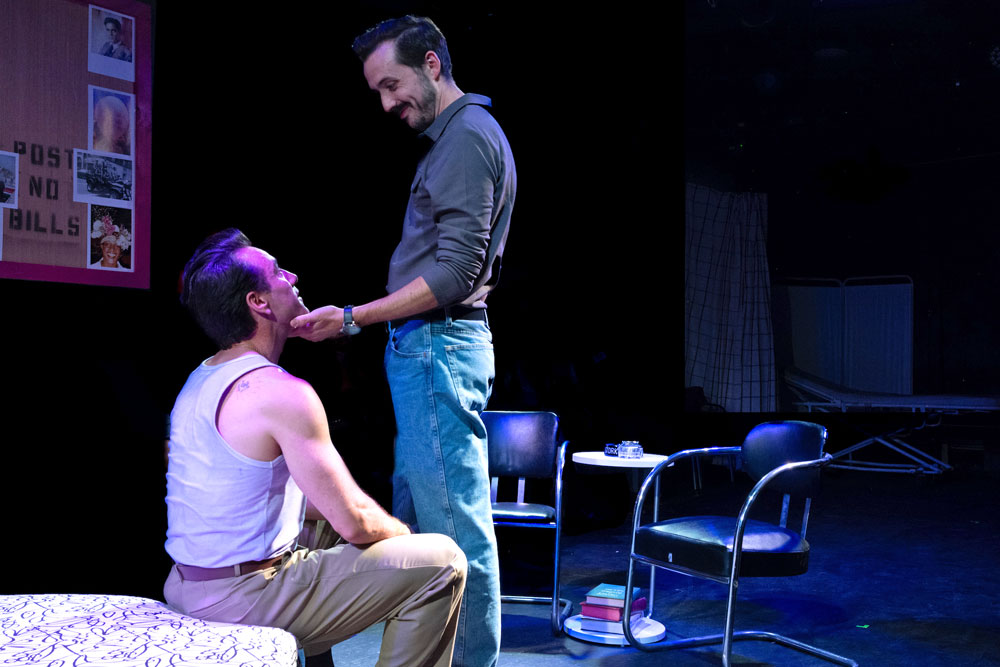 Despite the long association the Symphony Center has had with the jazz community, Friday night’s bill seemed particularly unique. Perhaps because the style of jazz being presented stood so far from the type of music you’d expect on the Chicago Symphony Orchestra stage. New Orleans jazz, in its current and perennial form, seems to predate what we understand jazz to be: free form, sometimes ethereal, often cerebral. New Orleans jazz is grittier than that, much closer to the blues than the esoteric. Firmly ensconced in soul.
Despite the long association the Symphony Center has had with the jazz community, Friday night’s bill seemed particularly unique. Perhaps because the style of jazz being presented stood so far from the type of music you’d expect on the Chicago Symphony Orchestra stage. New Orleans jazz, in its current and perennial form, seems to predate what we understand jazz to be: free form, sometimes ethereal, often cerebral. New Orleans jazz is grittier than that, much closer to the blues than the esoteric. Firmly ensconced in soul.
Organizers set up a lovely evening with a triple treat they called The Heart and Soul Queen of New Orleans. Featuring the matchless Irma Thomas, The Blind Boys of Alabama and the Preservation Hall Legacy Quintet, the lineup couldn’t scream promise louder. But at Symphony Center? As the saying goes, good music is good music regardless of the venue. 
The Preservation Hall Legacy Quintet delivered the first thunderbolt of virtuosity. If you’re accustomed to tonal perfection, the quintet made sure no one failed to notice how clean, sharp and tight their sound is. Performing classics like they just rolled of the presses, the crispness of the music startled, stimulated and generated a massive dose of curiosity concerning what they would choose to play next.
The connection with the audience was nearly immediate. And surprisingly they did plenty of vocals. For someone who suckled on that sound, Greg Stafford’s voice on Just a Little While to Stay Here conjured hundreds of beautiful ghosts from times past. Listening to that purity of expression was to bath in delightful memories. One mystique of music is that it seeps into all ears differently. Others might be taken by the gentle sway of the melody. Lyrics may have captured others.
Hot on Stafford’s heels, Freddie Lonzo’s trombone brought a brand-new appreciation of Bourbon St. Blues. He and the young man on soprano sax kept impressing all assembled as they battled it out on horns. A marvelous performance played off like it was just another day at the office.
For lots of people, mostly Southerners probably, the Blind Boys of Alabama possess an almost reverential charisma. They’ve been around forever, literally, with the original singers forming in 1939. Today they’re hams with chops. Seeing them being marched out hand to shoulder is as dramatic as it gets. One can only imagine seeing the very first iteration. Young guys paraded on stage for the first time not knowing they were marching into history.

The current crop of Blind Boys may not have been boys for many decades and one of them may love that limelight just a little too much, but they bring a sound so emblematic of not only New Orleans, but the entire southern region of the United States. Echoing ages of wisdom, pain and promise, it is the sound of a special South. This night, their stock and trade was rock solid. Both God Knows Everything and Almost Home reminded you why these guys have been around 70 years. But it was their interpretation of Amazing Grace that raised eyebrows and proved they were not risk averse. Someone astutely decided to overlay the spiritual’s lyrics onto the melody of The House of the Rising Sun. Each share the same meter. Musically the technic is called parody and here it worked to tremendous effect. Each song uniquely seared into the American psyche, each carrying its own muscular message and each accentuating the power of the other.

By the time Irma Thomas was escorted on stage, the cornerstones were firmly in place. The evening was a glimpse into a tiny window of NOLA’s rich musical fruits. Thomas’s contribution would prove to be one of depth. Wearing her 76 years with sass and a gigantic pale pink flower as a brooch to her ensemble, her attitude was both slightly removed but completely engaged professionally. She was well aware of that indefinable “it” her voice possessed. That’s the nugget she preened over and insured its lustre glowed.
Whatever the stage, Ms. Thomas keeps it real. With two ex-husbands and one she decided to keep, she knows all about the travails of love and cast the perfect die for her set with Love Don’t Change, People Do. This might be a jazz show, but there is very little distance between her stories of despair and renewal and Detroit’s doyen of the blues, Bettye Lavette. From the sound of it, more than a few in the audience tapped directly into her electrifying message. And she couldn’t have been more correct when she declared a singer is only as good as her back up musicians. In Thomas’s case, back up not only included the resplendent Preservation Hall Quintet, guitarists supporting the Blind Boys of Alabama hung around to spice the stew. Although bringing the Blind Boys themselves back on stage for a finale was de riguer, it really wasn’t necessary. The point had been made. The musical milieu of New Orleans adds majesty to the CSO stage.

![PrideArts [title of show] Raining Gold](https://rowgseat1.com/wp-content/uploads/2024/09/a53939222075_ceaf585bae_k.jpg)
